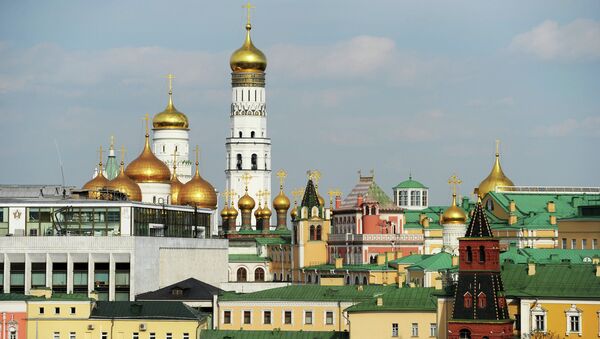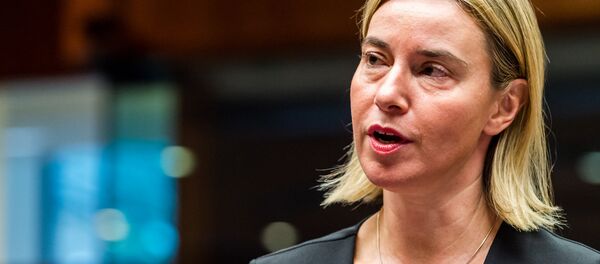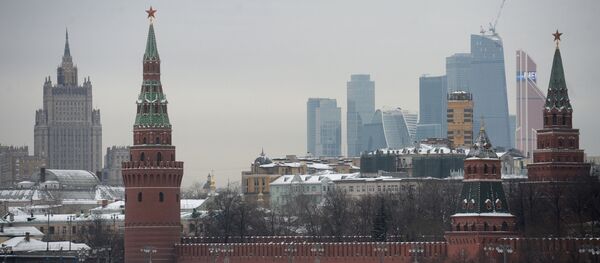The West made it clear to the Soviet leaders that after the end of the Cold War it was going to pursue a policy taking into account Russian geopolitical interests. However, the US and Europe later chose a different path, which did not provide for active participation of the Kremlin in international affairs, Kunze said.
"Despite the fact that in the 1990s, Russia was experiencing a difficult period, we had to build a relationship of mutual respect and dialogue as equals. Instead, the West has constantly been ignoring Moscow's interests," the analyst said.
According to Kunze, Europe and the United States are demonstrating naïve negligence, believing that they can impose their own "democratic model" on all countries worldwide.
"Some people are naively thinking that the Western democratic model can be exported to other parts of the world. We can patiently promote democracy, but we cannot impose it from outside," Kunze said.
Nevertheless, in recent years the hope for a warming in relations between Russia and the West has grown, the expert argued. Islamic radicalism and terrorism has forced both parties to look for effective methods of cooperation in spite of differences.
According to the expert, there is no alternative to the "common European house" proposed by Mikhail Gorbachev and Helmut Schmidt. Thus, Russia and the West have no other options but to maintain constructive relations and enhance their cooperation to overcome global challenges.




